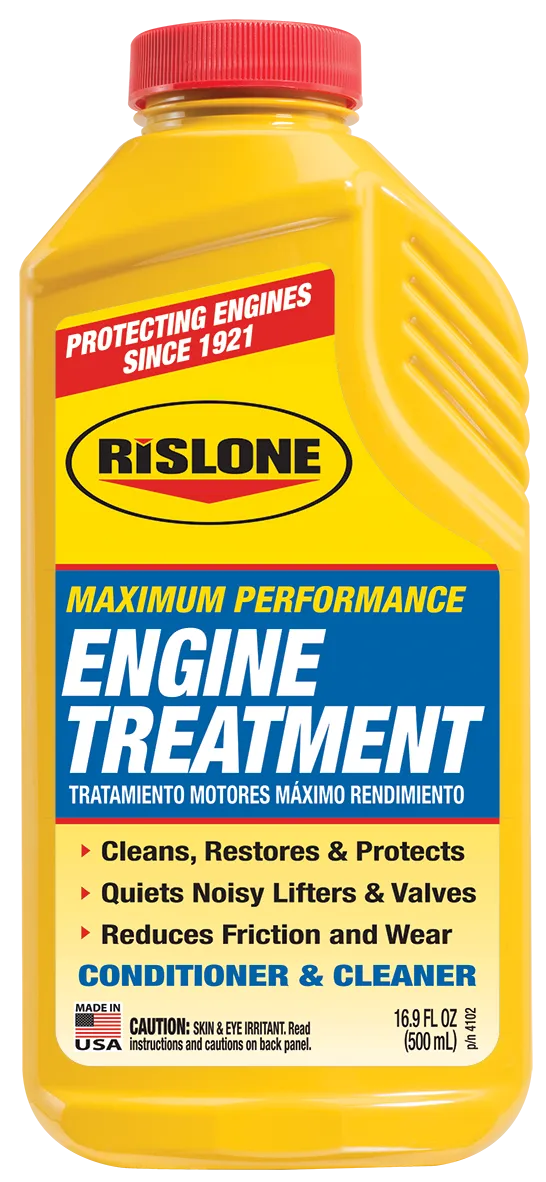Does Motor Oil Quality Matter?
You have plenty of choices when it comes to the type of motor oil you use in your car. Given that some are considerably more expensive than others, it’s easy to wonder, “Does engine oil quality matter?”
Well, if your engine is the heart of your car, the motor oil is the blood, we can all agree that your engine’s lifeblood matters. Engine oil quality is no different. It absolutely makes a difference, and if you want your car to perform and last, it’s important you know why.
Why Is Quality Motor Oil Important?
Motor oil quality matters for several reasons. One of the big ones is higher quality motor oil can save you money on repairs. How? Better oil means a lower likelihood of something going wrong – and if you have an oil-related failure, what goes wrong is often very expensive. If you have to replace your transmission or engine because you used cheap oil, you will lose the money you saved by not choosing a higher quality oil many times over.
An engine with better oil will last longer. Your car, like all machines, has moving parts, and like all machines with moving parts, those parts wear down and need to get replaced. Friction is obviously the enemy – quality oil keeps your engine internals lubricated better, which means they wear down much more slowly, giving you a longer car life.
Better motor oil is also likely to improve performance, as all the parts of the engine can run more smoothly. This can mean a more responsive car and better fuel economy. There’s a reason high-performance engines demand the best oil and top-tier performance oil additives.
How Does Motor Oil Differ?
The first difference you want to consider is viscosity. This refers to the numbers you see on motor oils such as 10W 30 or 5W 20. This number represents the oil’s thickness or resistance to flow. Viscosity changes with temperature, so the first number is the viscosity in winter and the second in summer. There is no objectively “best” viscosity, or weight, for your motor oil. You should use the motor oil viscosity your car’s owner’s manual recommends.
The next question is the type of oil you should use. The base oil is mineral oil, which will lubricate your car, but is not treated so may contain many impurities that could build up and do damage. This is the “cheapest” type of motor oil. The other end of the spectrum is synthetic motor oil, which is specially treated to get rid of impurities and is a high-performance engine oil that is much better for your car.
If you’re looking for something higher quality than cheap mineral oil but not quite as expensive as synthetic oil, there are many synthetic blends you can use. These are less expensive than fully synthetic products. They won’t hurt your car, but you might not fully get the performance you want. If you have gone through the expense and trouble of buying a high-performance vehicle, you should utilize fully synthetic oil and oil additives.
Finally, there is high-mileage oil, which is synthetic oil specially designed for cars with a lot of miles on them. It contains special additives to help preserve and extend the life of this kind of car. Most experts recommend any vehicle with over 75,000 miles on it get treated with high-mileage motor oil.
Your particular vehicle may also have distinct oil specifications that represent certain qualities the manufacturer wants your car’s oil to have. You should find these specifications in your owner’s manual and match them with the specifications listed on the label of your motor oil product.
Risks of Using Low-Quality Motor Oil
There is no shortage of problems your engine can encounter if you use cheap motor oil. Cheap oils break down quickly and can have many impurities. This means they can quickly turn to sludge under the right circumstances, such as heavy loads or extreme temperatures. Cheap oil can cause problems such as:
- Reduced fuel economy, resulting in greater fuel costs
- Inadequately lubricated parts, meaning your engine and related parts will wear out and need to replacing faster
- Leaked oil into the pistons or compression chamber which increases blow-by
- A clogged PCV (blue smoke)
- Shorter change interval, which means more dollars spent for oil changes versus longer change intervals
The truth is you should always use some form of synthetic oil, or at least a blend, in your engine. At best, mineral oil will give you poor performance and fuel economy, and at worst it could do real damage. The cost of repairing any of the problems cheap oil can cause far outweighs the cost of upgrading to a synthetic blend or fully synthetic oil. We talk to customers all the time about oil, oil-related problems and performance, and we’ve learned a thing or two over the years.
Similarly, you should not choose a different viscosity than the owner’s manual recommends or ignore the manufacturer’s specifications to save money. After spending so much money on the cost of your vehicle, trying to save a few bucks on oil and putting your vehicle at risk doesn’t make sense.
However, it’s important to keep in mind the most expensive motor oil is not necessarily the best for your car. Once you’ve decided to get a high-performance synthetic oil, don’t simply choose the most expensive one on the shelf. Pick the one that most closely meets your manufacturer’s recommended oil grade, viscosity and specifications. Even if you choose the highest quality oil for your motor vehicle, you still need to change the oil regularly to keep it clean and fresh.
How to Enhance Your Existing Motor Oil
In addition to choosing the right oil to begin with, you can coax a higher performance out of your engine by putting quality oil additives in your oil tank.
To find high-quality Rislone oil additive products near you, use the convenient Rislone locator here.




